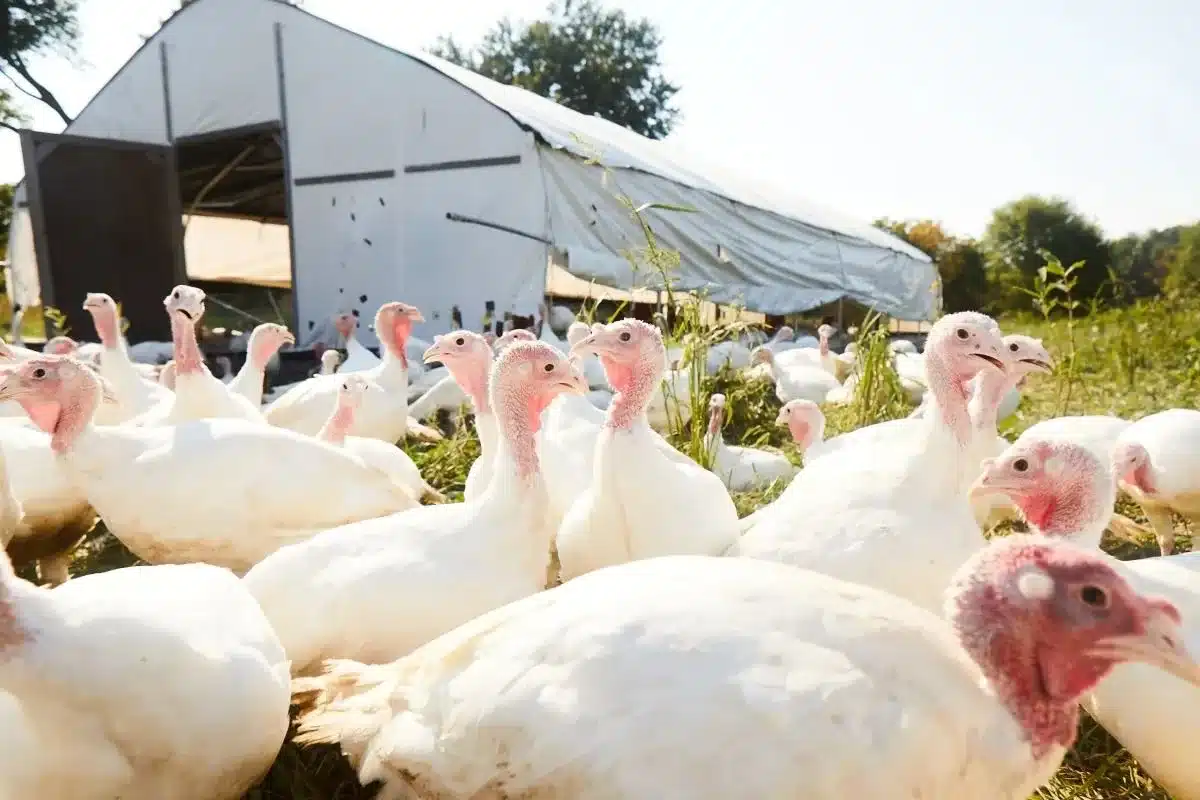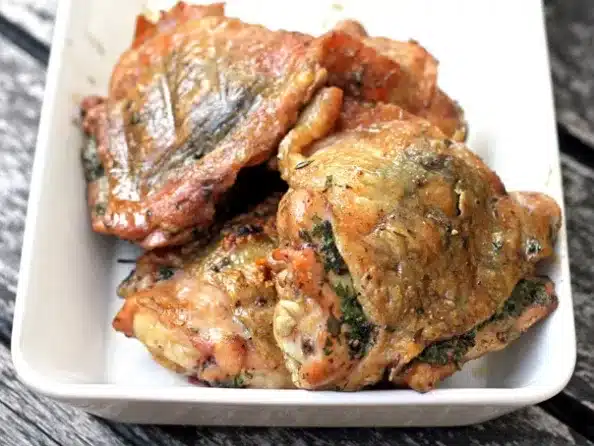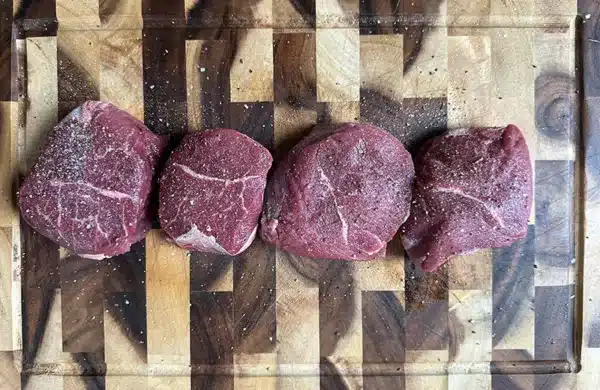The Joy of Cooking a Pasture-Raised Bird

The difference between a Thanksgiving turkey raised outdoors on pasture and one raised inside in confinement is significant. As a result of getting exercise to forage for part of their diet and consuming green grass, turkeys raised on pasture tend to have smaller breasts and rich, flavorful dark meat. Nutritionally, as a result of eating so much grass, these turkeys have been shown to have significantly more Vitamin E, Folic Acid, Vitamin B12, and a higher Omega-3 to Omega-6 ratio. It’s also worth noting that they don’t contain Arsenic – many industrial-scale producers commonly add Arsenic to poultry feed (it is permitted by the USDA at 0.5ppm or less), which in small amounts improves growth rates… but it also happens to be a toxin and the primary ingredient in most rat poisons!).

So what to do with your pasture-raised bird? We suggest a dry brine (start today if you’re cooking Thursday!). We find that a typical “wet brine” can make the meat squishy and watery, whereas a dry brine concentrates flavors and makes for a crispy golden skin.
Using about 1 tablespoon of salt per 4 lbs of bird, plus black pepper and your favorite fresh herbs (sage, rosemary and/or thyme work well), rub the bird all over, including underneath the skin as deep as possible above the breasts (be careful not to tear the skin!). Place the bird on an open rack in your refrigerator, allowing water to drip off of the bird to a tray below. Allow to rest for 24-48+ hours.
Place a few onions and apples, cut in half, inside the bird’s cavity. Heat oven to 450 and roast for 30 minutes. Remove from heat and cover breasts with foil. Reduce temp to 350 degrees, and cook for several hours (general rule of thumb for a pasture-raised bird is 8-10 min per lb). You should begin to check after about 2 hours – you’re looking for a temp range around 140-160, depending on your preferences (note that we are lower than the USDA’s recommended 180 degrees, so please do so at your own risk!).
Beware: as a result of lower fat content and lower moisture from dry brining, we have found that pasture-raised birds tend to cook significantly faster than their industrial brethren. There is nothing worse than choking down chalky, dry white meat and having to pull out the ketchup when the gravy runs out! Remember, you can always return the bird to the oven if it’s underdone, if it’s overdone, well, you’re going to need to call Doc Brown for advice at that point.
Related Posts

Grilled Mediterranean Chicken Thighs
This straightforward and fresh recipe for chicken thighs on the grill brings out the flavors of heritage pasture-raised chicken.

Walden Family Farmers: Jamie and Amy Ager
This is about building something better—for the land, for farmers, for communities, and for the future.

Learning to Love the Scotch Tender
Scotch Tender isn’t just a quirky cut. It’s a reminder of what real, pasture-raised meat is all about: variety, flavor, and connection to your food.